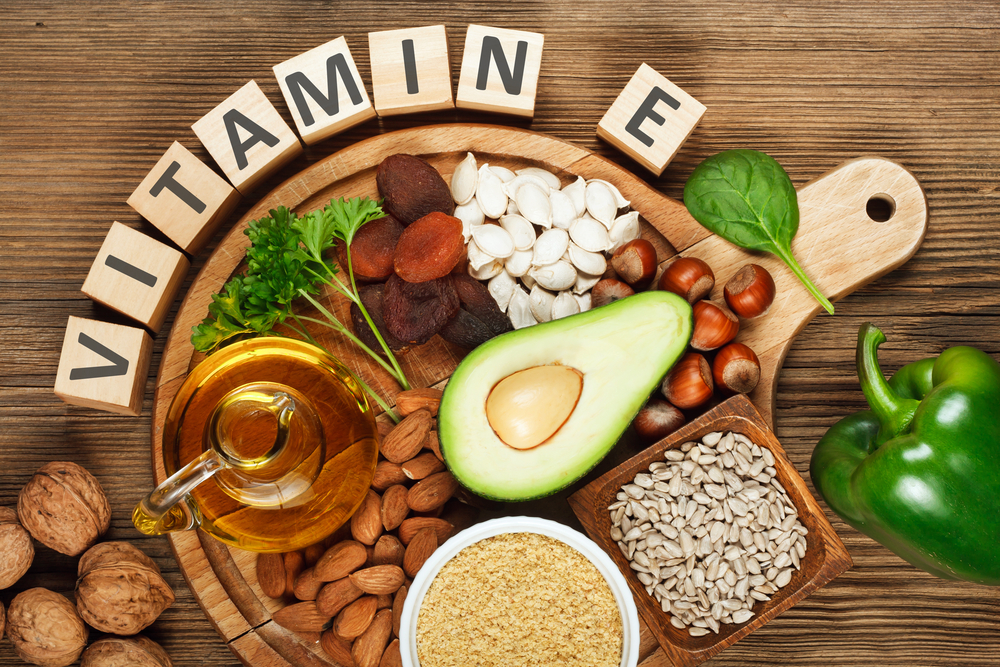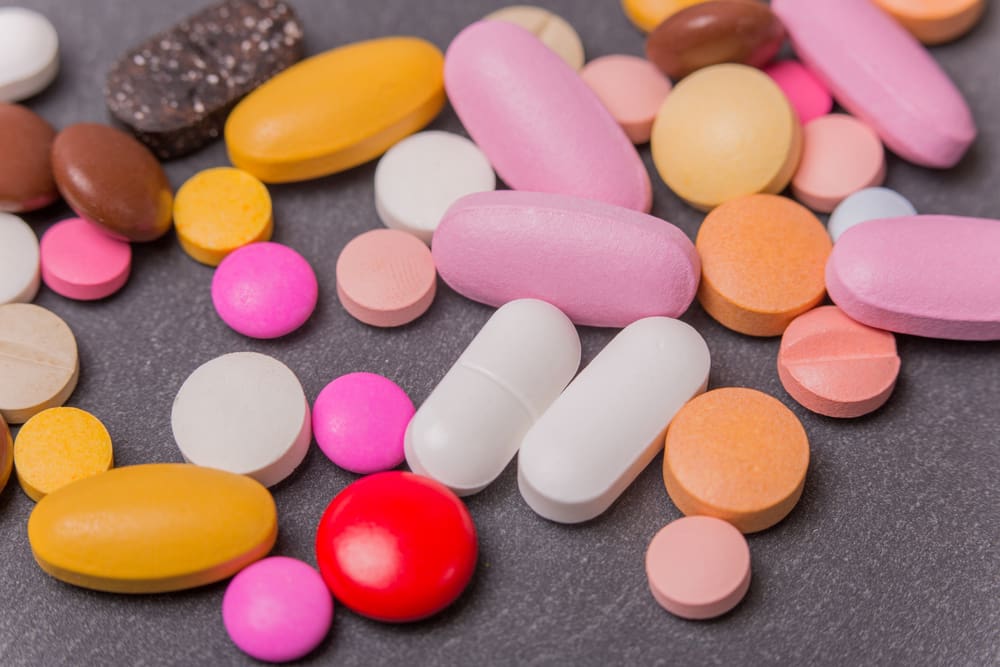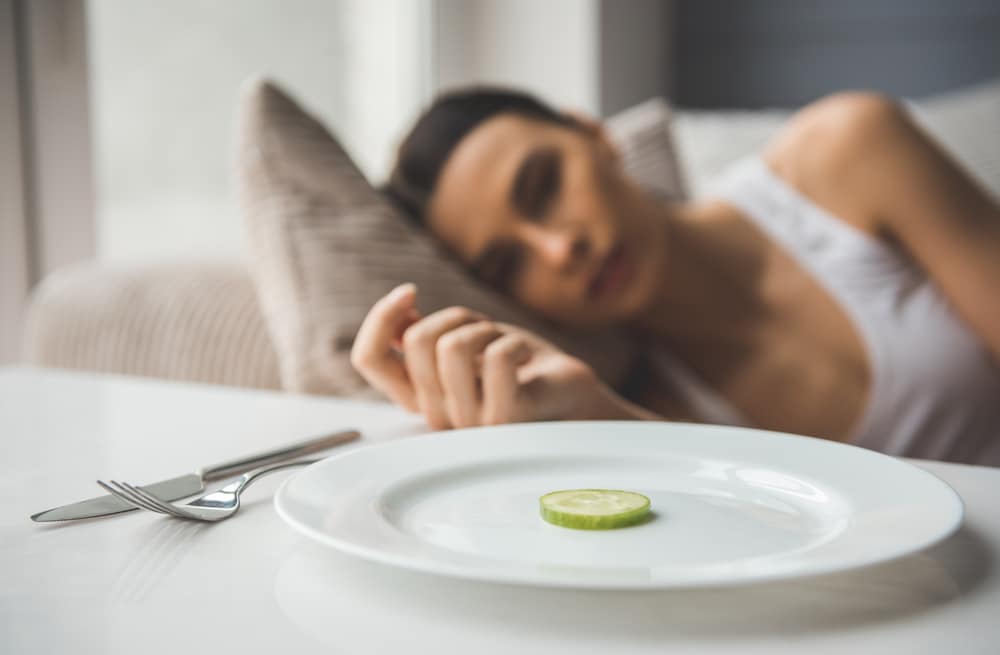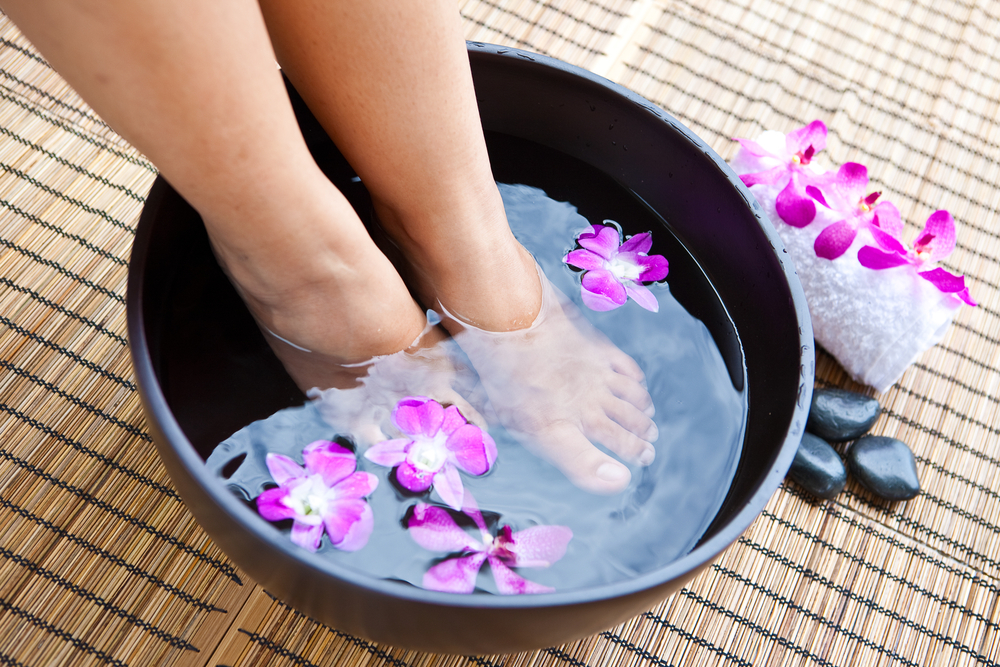Contents:
- Medical Video: Foods to Improve Eye Health
- What is lutein and zeaxanthin?
- What are the functions of lutein and zeaxanthin in the eye?
- How can lutein and zeaxanthin make the eyes healthier?
- Where can we get lutein and zeaxanthin?
Medical Video: Foods to Improve Eye Health
Your eyes will decrease function as you age. Therefore, it is important for you to always maintain eye health so that the decline in eye function can be slowed. One way to maintain eye health is to consume nutrients for healthier eyes. Some important nutrients needed by the eye are lutein and zeaxanthin.
What is lutein and zeaxanthin?
Lutein and zeaxanthin are two types of yellow to red pigmented carotenoids found in many vegetables and fruits. In plants, lutein and zeaxanthin function to absorb energy from excessive sunlight to prevent damage to plants.
In addition, lutein and zeaxanthin are also found in the eye in the macula, lens, and retina. Thus, a high intake of lutein and zeaxanthin is needed to maintain eye health. There have been many studies that prove that lutein and zeaxanthin can reduce the risk of macular degeneration and cataracts in the eye.
What are the functions of lutein and zeaxanthin in the eye?
You may hear these two substances, but they both play an important role in making your eyes healthier. Yes, lutein and zeaxanthin are found in the macula of the eye. These substances can help reduce oxidative damage by light which can cause macular degeneration.
With the amount of lutein and zeaxanthin that are increasingly found in the eye macula, eye health is increasingly protected. Research in the Investigative Ophthalmology and Visual Science also shows that the greater the level of pigments in the macula, the smaller your chances of developing macular degeneration.
READ ALSO: 9 Parental Advice About Eye Health That Turns Out To Be Total Wrong
A number of studies have also proven that lutein and zeaxantin can prevent macular degeneration and can also slow the progression of eye disease. One such study is published by the American Journal of Epidemiology, Ophthalmology, and Archives of Ophthalmology. This study showed that high lutein and zeaxanthin intake in the diet was associated with lower incidence of macular degeneration.
In addition, lutein and zeaxanthin are also widely associated with cataracts, which usually occur in people who are old. Lutein and zeaxanthin play a role in fighting free radicals associated with oxidative stress and retinal damage, so that it can help prevent cataracts. This is also reinforced by several studies linking lutein and zeaxanthin with cataracts.
Research published by the Archives of Ophthalmology shows that women who consume foods with high amounts of lutein, zeaxanthin and carotenoids in their diets have a lower risk of cataracts compared to women who consume these foods in lower amounts.
However, the 2013 Age-Related Eye Disease Study (AREDS2) study supported by the National Eye Institute proved a slightly different matter. This research shows that lutein and zeaxanthin play a role in preventing macular degeneration and also reducing the risk of developing the disease. However, this study has not proven exactly whether lutein and zeaxanthin can help prevent cataracts.
How can lutein and zeaxanthin make the eyes healthier?
Lutein and zeaxanthin protect your eyes from high energy light waves that can endanger the health of your eyes, for example ultraviolet light from sunlight. Lutein and zeaxanthin can protect the eyes by filtering high-energy light waves that are received by the eye, such as ultraviolet B (UV B). In addition, lutein and zeaxanthin also act as antioxidants that can counteract free radicals, which prevent damage to cells in the eye.
READ ALSO: 3 Types of Nutrition that Maintain Your Eye Health
So, it can be concluded that the more levels of lutein and zeaxanthin in the eye macula, the cells in the eye are increasingly protected. This keeps your vision well maintained even though the age increases. You need to know that macular degeneration and cataracts, as described above, are age-related diseases. You can experience this disease in old age because of the deterioration of cells in the eye as you get older. In the presence of large amounts of lutein and zeaxanthin in the eye macula, you do not need to worry about eye problems in old age.
Where can we get lutein and zeaxanthin?
Unfortunately, the human body cannot produce lutein and zeaxanthin naturally. That is, you must get lutein and zeaxanthin from outside the body, namely from food. What foods contain lutein and zeaxanthin?
You can find Lutein and zeaxanthin in many green and yellow vegetables and red, blue and purple fruits. Example:
- Spinach
- Kale
- Broccoli
- Corn
- Carrot
- Green collard
- Tomato
- Potato
- Orange
In addition, you can also get it from egg yolks. However, you should not get too much lutein from eggs, the source of vegetables and fruits will be better for you. Even better if you combine lutein and zeaxanthin with other nutrients, such as vitamin C and vitamin E. This can improve your eye health better than just consuming one.
The recommended intake of lutein and zeaxanthin for eye health is 10 mg / day for lutein and 2 mg / day for zeaxanthin. You should not consume lutein more than 20 mg / day, because this can make your skin color slightly yellowish.
READ ALSO: 6 Foods to Maintain Eye Health, Apart from Carrots












